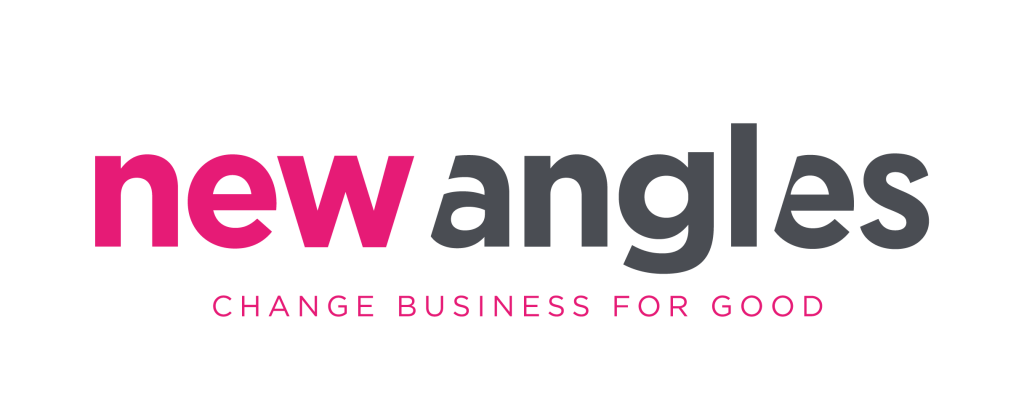
Abductive processing and systems change
By Jacob Mayne, Founder of New Angles & Senior Coach
How does sharing hypotheses lead to results?
Are you thinking what I’m thinking? Probably not. And frankly we may both be better off that way!
The other day I was with a group of senior managers. We were discussing what the desirable future and ultimate purpose of their company might be. Suddenly a weird question hit me: how on earth could a bunch of executives, however civilised and intelligent, have the slightest interest in sharing a ‘common purpose’ or a ‘desirable future’?
Aren’t we all just doing our jobs, going to the meetings in our diaries and then going home (probably to work some more)?
Isn’t colleagueship a bit haphazard, living with one set of people for a while and then moving on, to another context, another company, a beach, or whatever…?
What magic force attracts managers to sit in a room or a zoom on a Tuesday, hypothesizing about a common purpose for themselves, their direct teams and several thousand other people in their organisation – even though they didn’t choose each other as colleagues?
Are we even vaguely aware how strange it is to do something like that?
But they weren’t making a fuss about it, so we got on with the job. And suddenly, out of kilos of (recycled) post-its and fragments of speech… hey presto! they had a result.
A consensus emerged in the shape of sentences that seemed to resonate for everyone, a written object they seemed to believe it could make sense to share, inside and outside the room. They were even keen to start using it.
How on earth does that happen?
Abductive processing at it's finest
My hunch is it’s something to do with Abductive Processing… According to Nora Bateson and others, including her father Gregory, abductive processes are one of the mechanisms of #systemschange.
Abductive is not a word you hear every day. (Nothing to do with kidnappings or firming up your abs.)
INDUCTION helps us learn how to drive safely in traffic.
DEDUCTION tells us that if the lights are off the restaurant is shut.
ABDUCTION is a way of mingling different people’s hypotheses to shape an interpretation of hopelessly incomplete data.
If you’ve practised co-development coaching you’ve lived this. It’s magic how hypotheses made by people who don’t know you, based on a story you told to them out of context, can help you see a path forward that was invisible before.
An apparently random set of hypotheses hanging in the room, like a wall full of post-its on a “desirable future”, somehow helps a group of people to agree a direction, in the almost total absence of relevant facts.
You and I are from different worlds, like the man and the marble horse, but when we listen to each other’s story, and allow ourselves to make abductive guesses about where each other is coming from and what we might share tomorrow, change becomes possible.
At least, that’s one hypothesis!
NEW ANGLES uses it to work with leaders on #systemschange for positive impact.

Systems change within your organisation?
Developing leaders for sustainability and organisations for positive impact is what we do best. How does New Angles work for real sustainability? Through deep systems change! Learn more about our programs and how we work. We are happy to discuss your needs and positive impact goals during a free 30-minute call. Click below to reserve a slot!
Impact Base-Camp: developing impact leaders and creating a collective
Impact Academy: training ExCo’s and managers for impact
Impact Change Lab: building a sustainable business model & prototyping solutions






No comment yet, add your voice below!